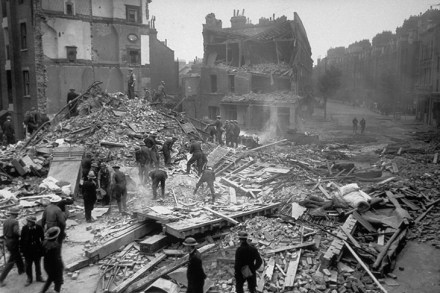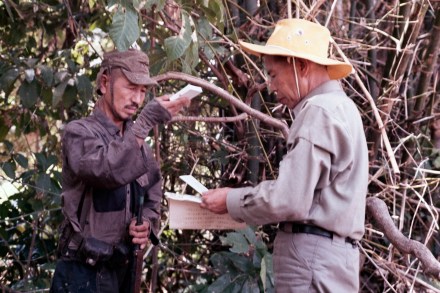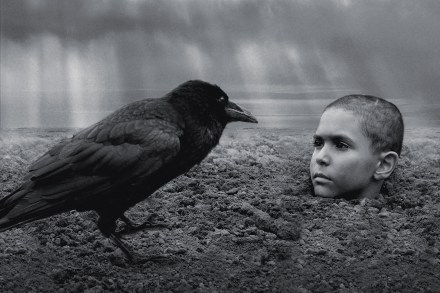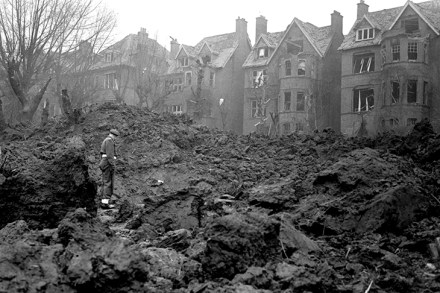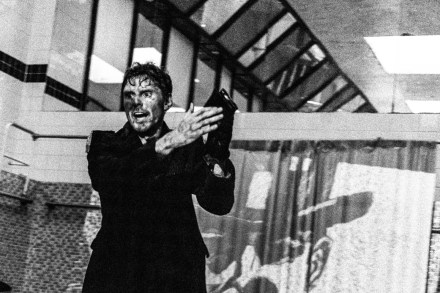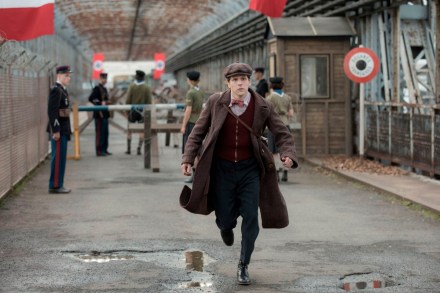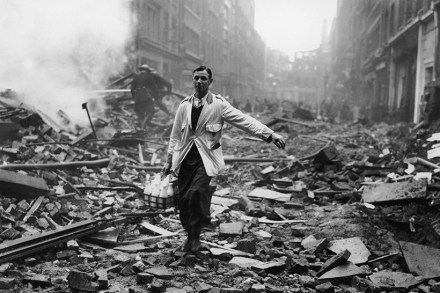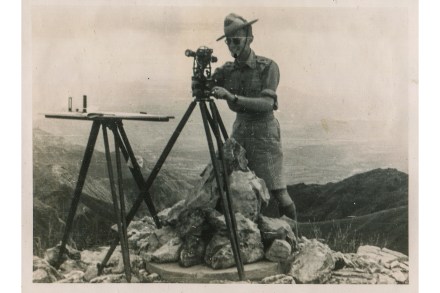Lives unlived: Light Perpetual, by Francis Spufford, reviewed
Francis Spufford was already admired as a non-fiction writer when he published his prize-winning first novel, On Golden Hill, in 2016. Set in 18th-century America, it was a tour de force of historical imagining, its prose skilfully suffused with the writerly tics of that era yet not overly so, leaving it pedantry-free and compulsively readable. His new book, Light Perpetual, is also a historical novel, but with a difference. It follows the arc of the 20th century through the stories of five working-class Londoners, but its central conceit is a clever counterfactual. The opening scene sees all five, then young children, being killed in an air raid during the second
